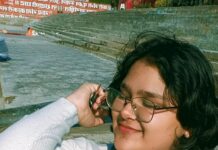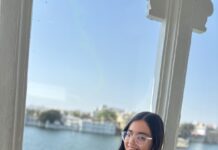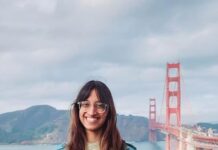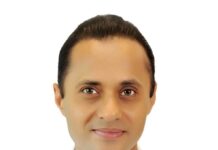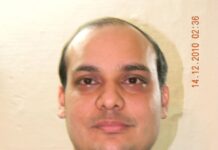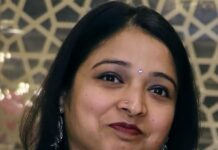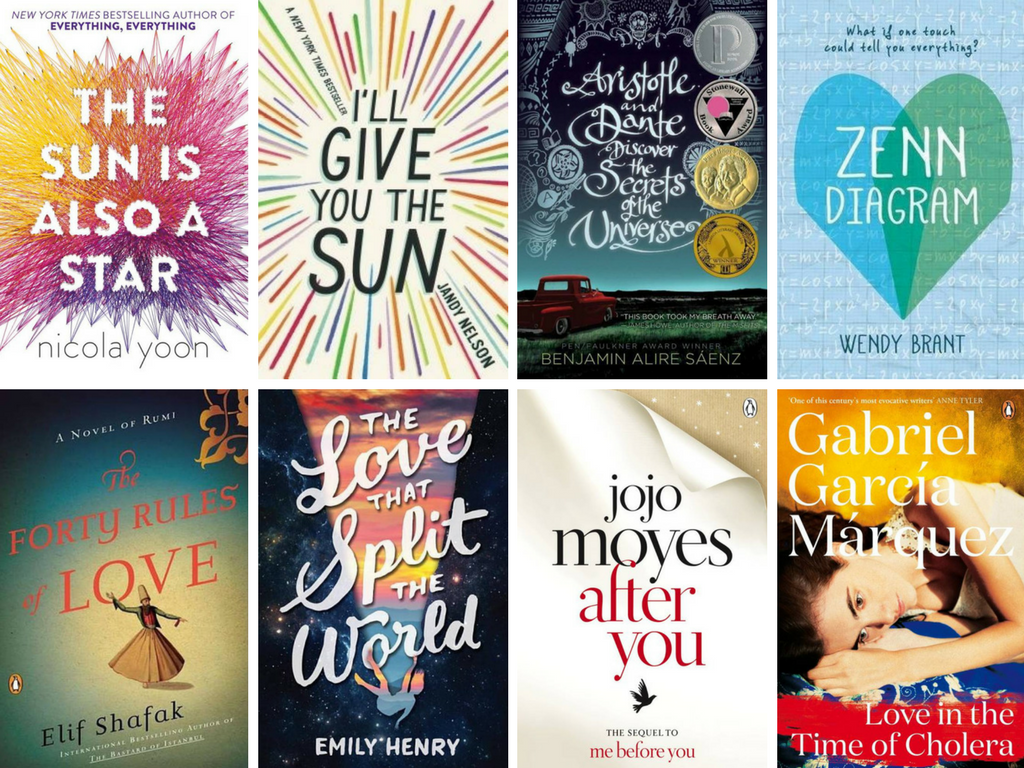1. Have you ever felt pressured to have life figured out? How do you cope with uncertainty?
Well, of course I have, and who hasn’t? I’m sure whoever is reading this has faced the same, but all I can say is that life is so much more than “having it all figured out.” It’s about the little things that bring you joy, the people who put a smile on your face, and the little victories you achieve in your day-to-day life. And to answer your question, how do I cope with uncertainty? I don’t know cope with uncertainty, I’m 21 and I still haven’t figured out everything, yes it scares me but it makes me feel excited at the same time because there’s so much more held in store for me right now, so much to learn and so many more experiences to experience, To sum it up I’ll say that all I have is hope.
2. What does self-love mean to you, and how has it changed over the years?
Self-love means putting myself first, caring for myself, and most importantly, being myself without worrying about fitting in. Since I was a teenager, I had to face some unfortunate events of bullying, but I can say that made me stronger, I realised how easy life can be when you just stop thinking about what others will think. (pro tip: you can take the pleasure out of bullying by laughing along with the bullies, they hate that!)
3. How has a toxic or healthy relationship shaped your understanding of love and self-worth?
Of course, after being in an abusive and mentally draining relationship, I realised what love isn’t. I realised love is supposed to make you feel safe, make you fall in love with your life, love shouldn’t give you pain, it’s supposed to make you feel alive and I can call myself lucky because I have found someone who makes my days brighter and makes me want to be the best version of myself. I believe Dean Karnazes was right when he said, “Sometimes you’ve got to go through hell to get to heaven.”
4. What role does storytelling play in your healing journey? Have books or movies ever changed your perspective on life?
I’ll never stop recommending this movie, Tamasha by Imtiaz Ali. This movie did something to me, and by the end of it, I was a different person; it healed something in me. The movie finished in a few hours but its end became my beginning. I feel like everyone should watch this movie once in their lifetime, especially if you’re struggling with self-doubt, doubts about your future or you’re feeling stuck in your life.
One book I recently finished is I Want to Die But I Want to Eat Tteokbokki by Baek Sehee. This book feels like a hug; it makes you feel like you are not alone in this world. The author’s honesty and rawness speak volumes and are highly inspirational!
5. How do you navigate feelings of anxiety, depression, or self-doubt? What helps you feel grounded?
Whenever I start to feel these feelings, the first thing I do is try to find out why I am feeling this way and what triggered these emotions in me. I usually try to calm myself with a little self-talk and share these feelings with the ones I trust. Most importantly, I remind myself who I am, I reminisce about all the good things about me, I remind myself how strong I am and that it’s okay to feel a little low sometimes, we all do.

6. What advice would you give to your teenage self about friendships, relationships, and mental health?
For Friendships: Please don’t trust people so easily. Not everyone is your friend. The quantity of your friends doesn’t matter; the quality does.
For Relationships: You deserve all respect, love and care in this world, don’t let anyone treat you otherwise.
For Mental Health: Sometimes, things seem really bad, and you may feel like giving up, but hold on; better things are coming your way.
7. Have you ever felt like you don’t fit in? How did you find your unique path?
Ever since I was a child, I didn’t fit in the early years of my school; it was hard, but I’m proud of myself for not changing myself to fit in with the people who never really got me. I spent my early years of schooling as someone who didn’t have many friends, but one thing that has always helped me is hope, the hope of things getting better, and they did. After I changed schools, I found my people, those who got me, and I’m glad I can say that after years of passing out from my school, they are still some of my closest friends.
8. What’s one thing you’ve learned about healing from past trauma or hardships?
To heal, you need to have hope. You need to have hope that one day things won’t be as bad. You need to believe that pain is not permanent and things will get better. The strongest thing I did was that no matter how hard things got, I never gave up! Just remember that pain doesn’t last forever.
9. How do you create safe spaces for yourself and others to express emotions freely?
Just by talking and listening, without any judgment or filters. Listening to someone, acknowledging their pain, giving sound advice and offering them support is the biggest thing you can do for someone who’s in a difficult phase of their life.
10. What’s the biggest lesson you’ve learned about self-discovery and embracing who you truly are?
The biggest lesson I’ve learned about self-discovery is that it’s not a destination; it’s a continuous journey of growth, acceptance, and courage. As time passes, I learn more and more things about myself and my life. One of the most powerful moments for me was learning to embrace my emotions, the messy, raw, and sometimes painful ones. I realized that it’s okay to not have it all figured out and that accepting myself, with all my imperfections, is where my true strength lies.
Ultimately, I’ve learned that self-love isn’t about becoming someone new; it’s about reclaiming the person you’ve always been underneath the layers of fear, doubt, and external pressure.


